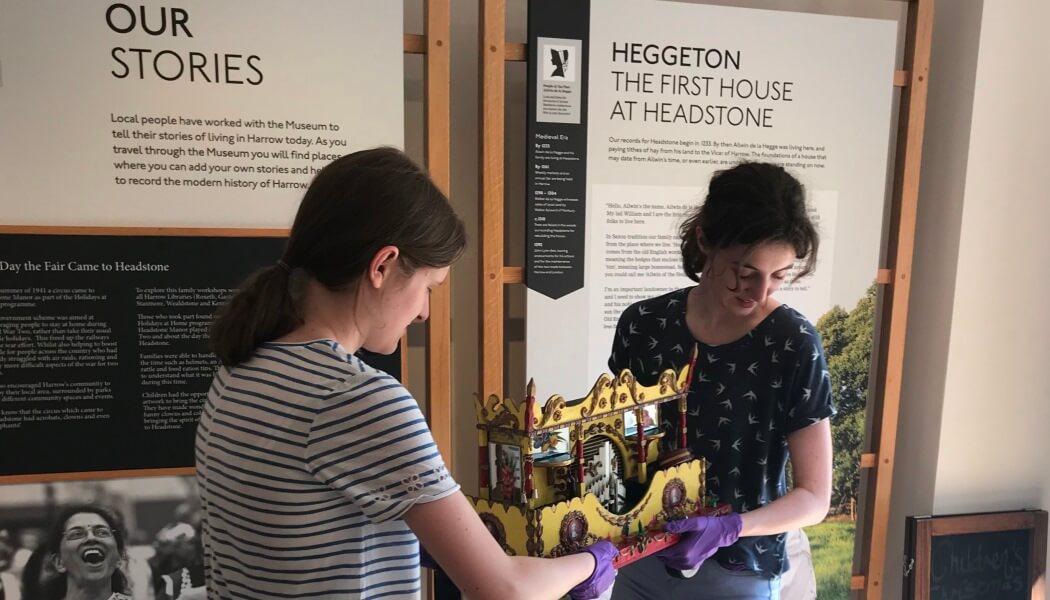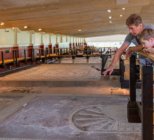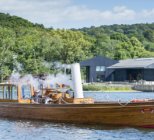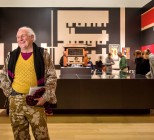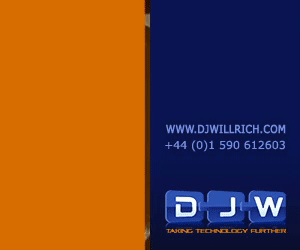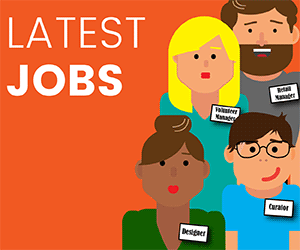The focus of the stream this year is not just about understanding your visitors but also about using visitor insight to make a difference and to make change.
The talks have a common thread of finding out what different audiences want and what makes a great visit for them. This means seeing things from their viewpoint, what’s in it for them and what the benefits are to them visiting.
This means looking at your offer from the visitors’ point of view and asking: ‘How can we give them what they want?’ Answering this successfully results in giving visitors compelling reasons to visit.
I’m hoping that attendees will come away with plenty of examples and ideas for developing a visitor focus for their own organisation. That should include how to make a start, ways to use visitor insight and how this can make a difference.
The Understanding your Visitors sessions should appeal to anyone who is engaged or connected with any visitor-facing activity, also those who have a visitor element in their projects and those who are looking at sustainability, income generation and a vision for the future. The message is clear: Your visitors are your future.
We have some sessions that are focusing on hard-to-reach audiences, others that are related to understanding a wider range of audiences and then some that actually offer insight into the tools that can aid a better visitor focus.
The Museum of English Rural Life, for example, has been working with community groups and will show how they have invested their time to forge new community partnerships.
Headstone Manor & Museum, on the other hand, decided they wanted to work more with young people, and they insisted on understanding their perspective and learning from them; what interests them and what it is these visitors actually want.
Flexible and honest
The things I learnt talking to Headstone Manor, was that they needed to be flexible and honest as they didn’t have all the answers and didn’t understand this audience as well as they wanted. This involved a large element of digital and social media. Rather than assuming they knew what would work, the Manor, worked with young people to understand their viewpoint and explored what would work for them. The museum realised quite early on, for example, that they didn’t have any images that actually showed young people engaging the Manor that would resonate with this audience. So if they weren’t seeing themselves pictured in a way that was attractive to them, they were less likely to be motivated to visit.
This meant the museum staff really had to open themselves up, move out of their comfort zone and challenge their assumptions. This is about letting your audiences tell you what they want and what they value.
Wider range of audiences
Japan House London, which launched last year, will talk openly about how they began understanding a wider range of audiences and changing things that didn’t work for them. They learnt from these audiences how they wanted to use the venue, the things they valued and what didn’t go well in their visit. They subsequently made a series of changes after opening and are willing to share their lessons and insights.
We are also very pleased to be welcoming Tony Butler from Derby Museums Trust, who will share their philosophy of putting visitors at the heart of everything they do. This means from the entrance and the café to co-curating new displays and galleries and developing a whole new Museum of Making at the Silk Mill. They want audiences and visitors to help them develop and again have not assumed they know best.
Visitor focus
Their philosophy is moving everything towards a visitor focus. Tony will talk about the implications of this and how museums might have to change the way they work.
We also have sessions on developing and using different types of visitor insight. Historic Royal Palaces will talk about small scale audience research and how this can make a difference without having a big budget. Gateway Ticketing Systems will show how data from its ticketing systems can be used to get insight into visitors. Data collection is an area that is often overlooked, and this talk focuses on how to analyse and use the information that you already collect regularly.
For an overview, we have The Audience Agency exploring a range of methods for gaining insight into visitors. They will cover different techniques with various tools and tips, including low-cost approaches and easy ways-in.
I think what we are seeing across the sector is a growing awareness of the value of focussing on visitors. So I’m hoping that attendees will come away with plenty of examples and ideas for developing a visitor focus for their own organisation. That should include how to make a start, ways to use visitor insight and how this can make a difference.
Register free for the M+H Show 2019
You can register for free to the Museums + Heritage Show here.

